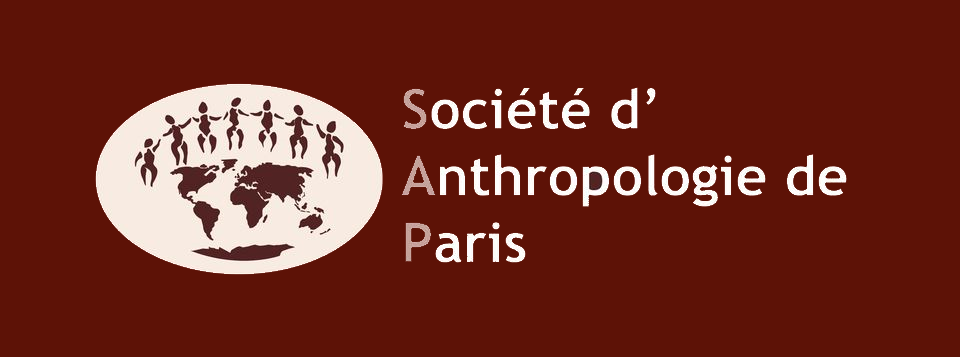January 29-31, 2020 (Maison Méditerranéenne des Sciences de l’Homme, Aix-en-Provence)
Theme 1: Migration, cultural exchanges and acculturations in the Mediterranean
Invited speaker: Ornella Semino, Reconstructing the genetic history of Italian populations: from Y chromosome to biparental markers
Migration is an adaptive strategy of many animal species, and humankind is not an exception. Humans have always moved from place to place in search for food, to avoid dangers and to protect themselves from environmental changes. In the past, legends and stories informed us about these movements. Today, anthropological sciences offer us multiple proxies and intermediaries to study and understand these phenomena. For example, genetic, biochemical, patronymic, linguistic, and cultural data (lithics, ceramics, weapons, clothing, jewellery, religions, customs), as well as the study of pathogens can be looked at through a demographic lens. The accumulation of these results, at times in agreement, can lead to rewriting the history of human migrations throughout time and in doing so reveal the cultural and biological exchanges that are a consequence of such population movements.
This session aims to review from a multidisciplinary perspective current research on the past and present mobility of human groups around the Mediterranean region.
Keywords: migrations, dispersion, peopling, demography, DNA, isotopes, material culture, linguistics, palaeoanthropology, Mediterranean
Theme 2: The “first 1000 days of life” in past and present populations
Invited speaker: Philipp Mitteröker, The dilemma of human childbirth : evolution, society, and public health
This session presents a current review of the knowledge and methods in biological anthropology that help us understand the « first 1000 days of life » of an individual, that is the period from conception to the end of the second year after birth. This concept is currently at the heart of different research areas as well as of public health and has recently been the subject of several longitudinal studies on countless populations. The environmental, social and cultural factors associated with the first stages of ontogeny have a decisive influence at the somatic, physiological and psychological levels as well as on life circumstances and adult health. The session welcomes research dedicated to fertility, pregnancy, parturition, breastfeeding, weaning, growth, early development, age estimation, early childhood care (by the mother, family and /or community) from Prehistory to the present, carried out through different methods, such as, but not limited to, surveys, observations, osteological analyses, biogeochemical analyses, genetics, medical imagery, comparisons between archaeological, textual and iconographic data, and attempting a comprehensive approach to this first period of an individual’s life while considering the population context.
Keywords: parturition, parental care, growth, development, foetal and early childhood age estimation
Theme 3: Scientific breaking news
Scientific Committee |
Organising Committee |



